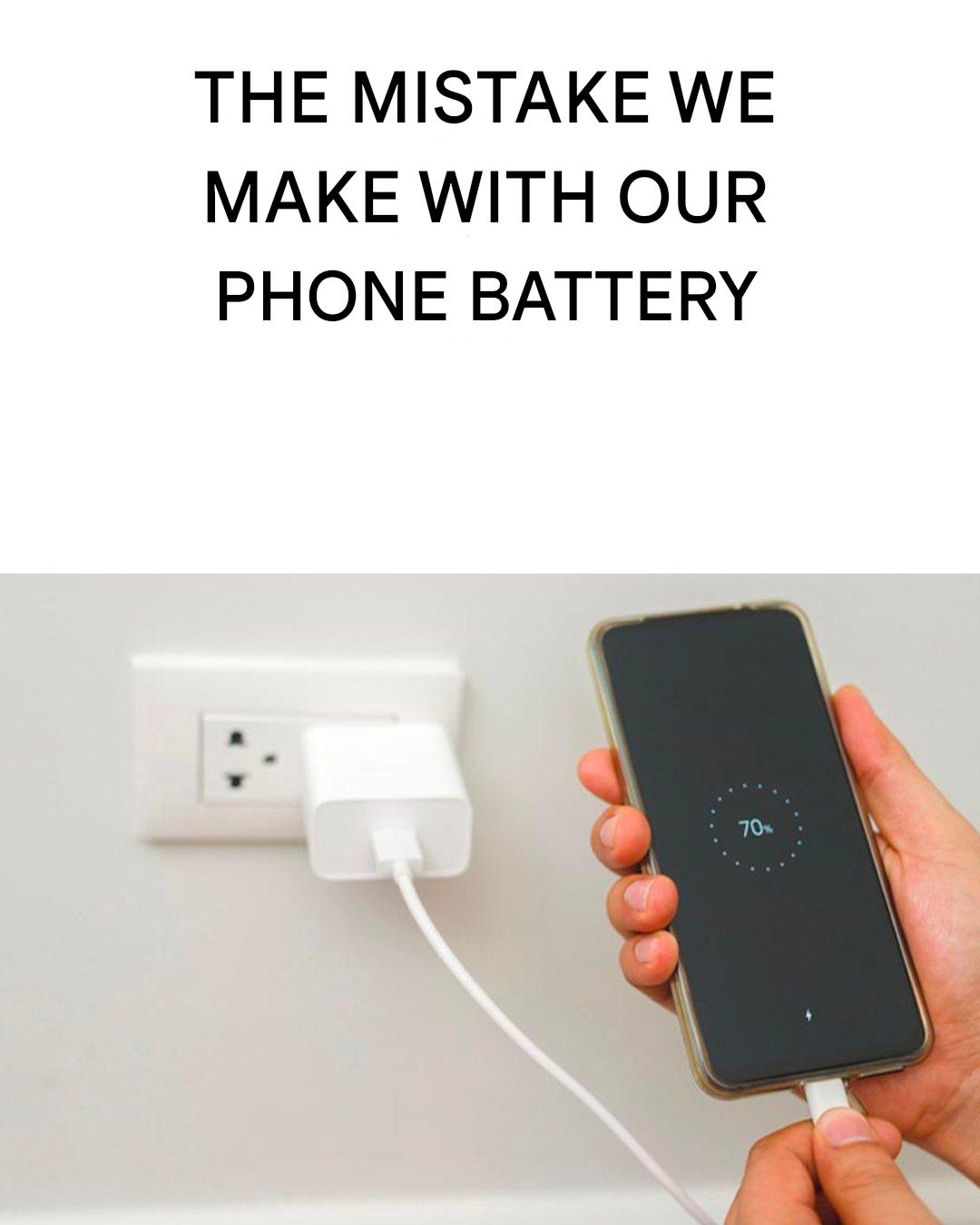Skip to content
Many of us forget to turn off Bluetooth or GPS when not in use. These services consume power even when not in use. Turn off Bluetooth, Wi-Fi, and GPS when you don’t need them to reduce battery consumption.
4. Use a non-original charger
Using non-original or poor-quality chargers can damage your phone’s battery, causing it to drain faster. It’s always recommended to use the charger provided by the device manufacturer or a compatible and certified one.
5. Don’t update your operating system and apps
Operating system and app updates not only introduce new features, but also fix any bugs that could cause excessive battery drain. Don’t neglect updates: make sure you keep your smartphone updated to improve performance and optimize battery life.
Push notifications, if not managed properly, can drain your battery quickly. Each notification requires a connection to servers and consumes power. Disable push notifications for non-essential apps or set manual notifications to reduce power consumption.
7. Charge the battery to 100% and let it drain completely
Many people believe that to maintain good battery health, you should always charge it to 100% and let it drain completely. This isn’t true. Modern lithium-ion batteries perform best when charged between 20% and 80%, avoiding stressing them with full charges or deep discharges.
Cellphone battery life depends on several factors, including our daily habits when using our device. By avoiding common mistakes like leaving too many apps open, not adjusting the brightness, or not updating the system, you can optimize battery life and make it last longer. Follow these simple tips and enjoy a mobile experience without constantly needing to recharge your smartphone.


